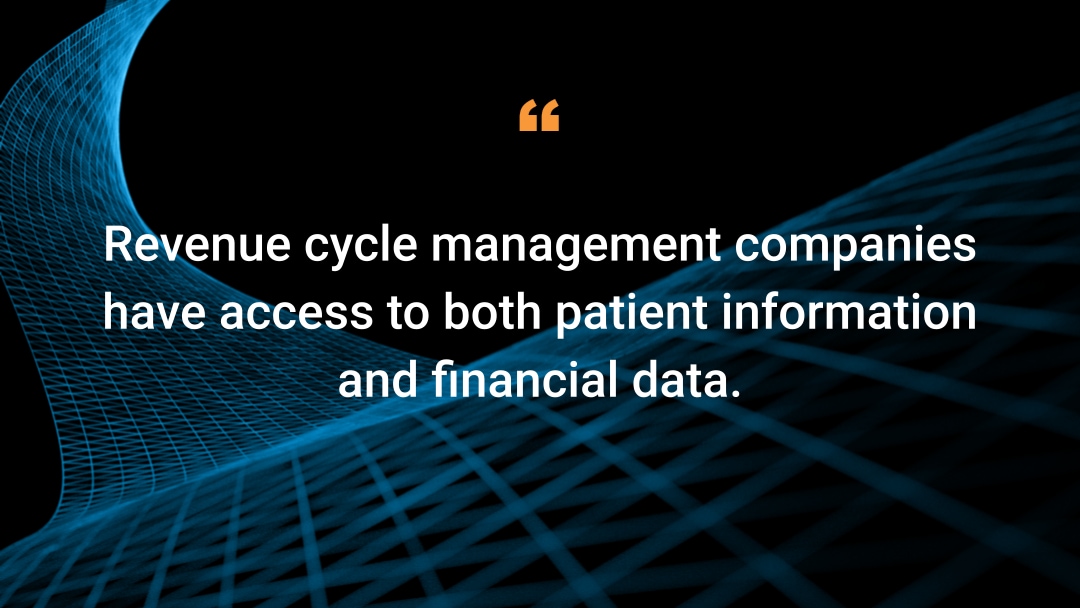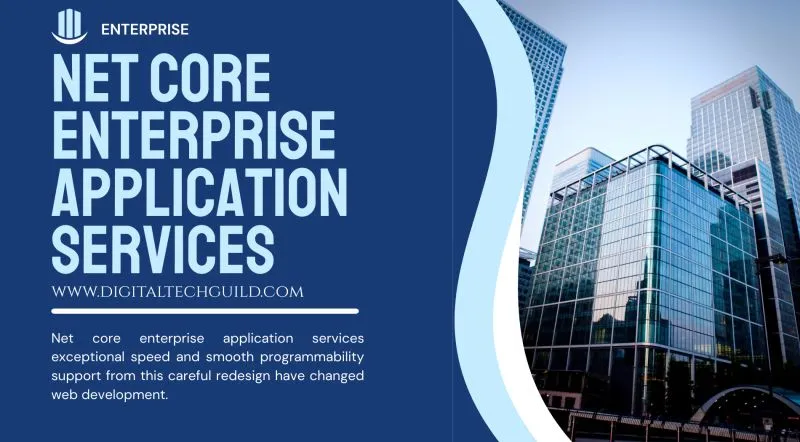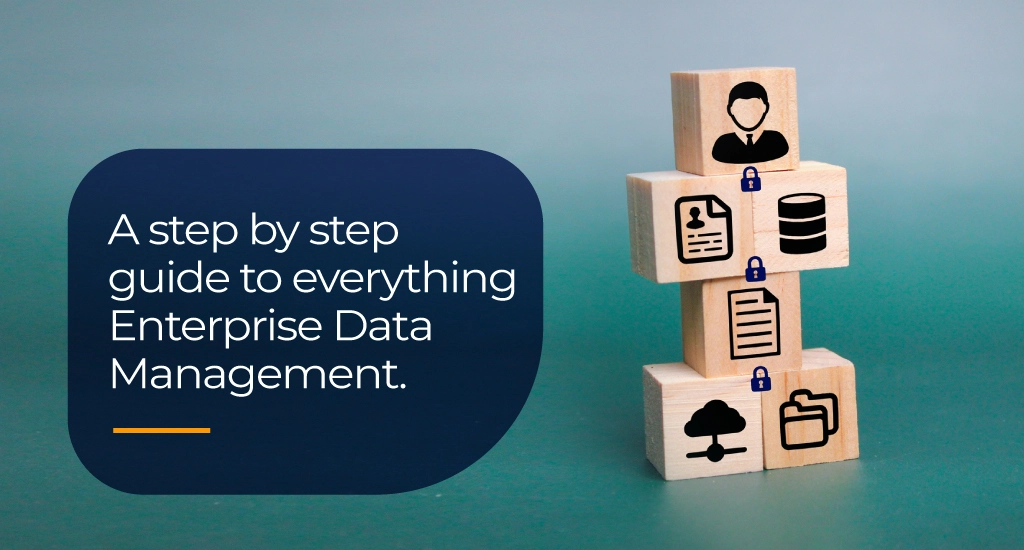Revenue trundling management in healthcare organizations is hair-trigger to their survival and success, yet its complexity makes revenue trundling management (RCM) one of their inside focus areas. Billing, coding, and insurance requirement processes present healthcare organizations with challenges they must powerfully navigate; to navigate them effectively, many are turning to outsourcing as a strategic solution – In this article, we explore revenue trundling outsourcing benefits, challenges as well as next-gen RCM service’s role in optimizing their revenue cycles.
Understanding Revenue Trundling Management.
Before diving deeper into the benefits of outsourcing revenue trundling management (RCM), it’s crucial to understand its definition. RCM refers to managing all financial transactions between patients and healthcare facilities from initial encounter to payment completion – this trundling includes several hair-trigger stages.
- Patient Registration: Patient registration is the initial stage in our revenue trundling process and includes collecting patient details including insurance information.
- Insurance Verification: Healthcare providers self-mastery insurance verification checks to assess whether the medical services provided will fall within coverage.
- Coding and Charge Capture: Accurate documentation of medical procedures and diagnoses is vital to facilitate proper billing and reimbursement processes.
- Claim Submission: Claims must be prepared and filed versus insurance providers to requirement reimbursement.
- Payment Posting: Once payments from insurance companies or patients have been collected, they are recorded and posted directly into a patient account.
- Denial Management: Healthcare organizations that wits denied claims must assess why and take necessary deportment to resubmit or request them as soon as possible.
- Patient Billing and Collections: Patients are invoiced for their share of costs, and collections are pursued on outstanding bills.
- Reporting and Analysis: Accurate reporting and wringer are crucial to monitor and optimize every revenue trundling stage.
Revenue cycles are intricate processes involving numerous interdependent processes that demand shielding execution to stave delays in payments, increased legalistic expenses, and revenue loss. Any errors can have devastating results on these cycles, necessitating cautious sustentation to detail. Any error in one can rationalization another, resulting in elapsed payments, increased legalistic expenses, or revenue lost altogether.
Subcontracted Revenue Trundling Management Services

Healthcare organizations need help managing the revenue trundling internally. Here are a few challenges they encounter:
Resource Consuming: RCM requires an intensive team of specialists in areas like coding, billing, and claims processing – such as coders, billers, and claims processors – with recruiting, training, and retaining skilled employees stuff plush and time-consuming tasks.
Healthcare Regulations Are Evolving Rapidly: Healthcare regulations such as coding and billing guidelines transpiration frequently, making compliance challenging at best.
Technology Costs: Staying superiority with RCM software and technology can be costly; organizations often need help implementing and managing them effectively.
Claim Denials and Appeals: Handling requirement denials and appeals takes time and diverts resources from patient care.
Focusing on Core Competencies: Healthcare organizations have increasingly recognized the significance of emphasizing patient superintendency rather than legalistic duties.
Healthcare providers increasingly rely on outsourcing solutions to write revenue trundling challenges and optimize revenue performance.
Outsourcing In Revenue Trundling Management
Outsourcing revenue trundling management ways teaming up with companies or vendors specializing in revenue trundling processes such as RCM processes, coding, billing, and claims wardship to oversee various aspects. Outsourcing RCM offers several key advantages.
Cost Savings: Outsourcing can significantly cut operational financing associated with hiring, training, and maintaining an in-house RCM team. Furthermore, outsourcing providers typically operate at lower per-claim financing than in-house solutions.
RCM outsourcing firms employ highly skilled staff with expertise in medical coding, billing, and claims wardship who alimony well-informed of industry regulations and weightier practices.
Increased Technology: Outsourcing partners typically possess wangle to cutting-edge revenue trundling management (RCM) software and technologies, leading to enhanced efficiencies and verism within the revenue trundling process.
Reducing Requirement Denials: Leveraging expertise in requirement submission and withholding management to reduce requirement denials can speed the reimbursement process and expedite reimbursement payments.
Focusing on Patient Care: By outsourcing RCM services, healthcare providers can redirect their energy and resources toward improving overall patient satisfaction by realigning focus with resources allocated toward providing spanking-new superintendency to each patient.
Scalability: Outsourcing allows healthcare organizations to unbend waffly patient loads by scaling them up or lanugo as required, giving them increasingly control.
Reputable RCM outsourcing providers implement stringent data security and compliance regulations, protecting patient information while assuring its protection.
Now, let’s examine how NextGen RCM Services specifically can contribute to streamlining revenue cycles.
Enhancing Revenue Trundling Management
RCM services represent the next level in revenue trundling management outsourcing, using wide technology and data analytics to streamline revenue cycles for healthcare organizations further. Here is how RCM services can goody healthcare organizations:
Predictive Analytics: RCM services utilize predictive analytics to visualize any revenue trundling issues surpassing they wilt issues, providing early intervention and resolution opportunities.
Artificial Intelligence and Automation: AI-enhanced tools automate tedious legalistic processes like requirement submissions to reduce human errors while increasing efficiency, speeding revenue cycles, and leading to faster payments.
Data Integration: RCM services seamlessly integrate with electronic health record (EHR) systems and other healthcare software, facilitating seamless data spritz while decreasing transmission data entry requirements.
Patient Engagement: RCM services offer wide patient engagement tools designed to strengthen liaison between physician and patient and increase satisfaction and payment compliance.
Compliance Management: RCM services alimony up-to-date with waffly healthcare regulations to help maintain compliant revenue cycles, decreasing inspect risks and penalties.
Real-Time Reporting: Healthcare organizations now goody from real-time dashboards and reports that provide insight into their revenue trundling performance, providing largest decision-making power and continuous improvements over time. This tideway makes healthcare operations increasingly data-driven.
Customization: RCM services can be tailored specifically to meet the unique requirements of healthcare providers for efficient revenue trundling management. This guarantees personalized and optimized solutions.
Implementing RCM services into revenue trundling outsourcing strategies can significantly enhance efficiency and effectiveness, yielding improved financial outcomes for healthcare organizations.
Implementation Challenges Of RCM Services
RCM services provide numerous advantages; however, their implementation could present unrepealable hurdles:
Transition Investment: Switching toRCM services may require an initial financial outlay for technology and training services; however, any expenses or losses from switching may often be offset through long-term forfeit reduction and revenue gains.
Change Management: Transitioning to new technologies and processes can be daunting for staff members. Implementation of constructive transpiration management strategies will facilitate an easy transition.
Data Migration: Converting existing files to your new system may be challenging, and you must maintain its integrity throughout.
Vendor Selection: Selecting an constructive NextGen RCM service provider is paramount for healthcare organizations. Thorough research must be performed surpassing selecting an experienced vendor with proven credentials.
Integration Challenges: Integrating RCM services with existing systems can be complex, making data essential for successful execution and deployment.
Conclusion
Revenue trundling management (RCM) is essential to healthcare organizations today, enabling forfeit savings, wangle to expertise, enhanced technology, and enhanced efficiency – all of which contribute towards streamlining a revenue trundling and keeping finances flowing efficiently. Outsourcing RCM processes with NextGen RCM services is one solution misogynist that offers compelling solutions. Outsourcing these processes with NextGen provides forfeit savings, wangle to expertise, and enhanced technology, resulting in smooth revenue cycles and a streamlined revenue trundling process for healthcare providers.
Revenue trundling management in healthcare organizations must be considered as their industry evolves; outsourcing solutions cannot either. By employing NextGen RCM services from reliable outsourcing partners and taking full wholesomeness of RCM services to navigate a ramified revenue trundling with conviction – ultimately improving financial stability while freeing them to focus on providing high-quality patient superintendency services.











.jpg)